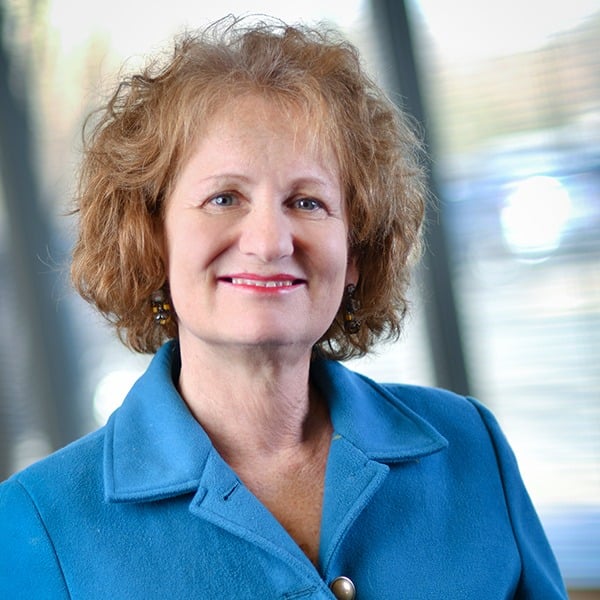 When physicians face the prospect of reducing their practice hours or challenges in heading toward retirement, they usually find themselves dealing with a profound crisis of identity.
When physicians face the prospect of reducing their practice hours or challenges in heading toward retirement, they usually find themselves dealing with a profound crisis of identity.
As Glen O. Gabbard, MD, Clinical Professor of Psychiatry at Baylor College of Medicine, put it in a presentation to the American Medical Association, “For most of us the practice of medicine is more a calling than a job. Being a physician is often at the core of who we are. Retiring or slowing down may be equated with losing one’s sense of purpose or even one’s sense of self.”
Physicians may delay retirement because of fear of this loss of self, worry about continuity of care for their patients, a lack of interests outside medicine or financial obligations, reports Roger Collier in an article in the Canadian Medical Association Journal.
Curbing the Challenges of Slowing Down
However, Gabbard says the older practitioner doesn’t have to sacrifice his or her identity while transitioning to retirement, a reduced role, or facing other challenges related. He notes age brings unique opportunities to physicians. His recommendations include:
- Make time for living; spend time or money on pleasures you may have postponed
- Create a plan to do what gives you joy
- Stay connected to those you love and be discerning about how you spend your time
- Find joy in realizing your work has helped countless people, impacting each patient in a positive way
- Cultivate new learning, hobbies and interests
- Think of the latter part of your life not as leaving something (your career in medicine) but as going toward something: a new and rich phase of life
In addition to making more time for their selves there are plenty of opportunities for physicians to continue to contribute to their profession. One way a healthcare organization could help its older practitioners “go to” something new and rich as they phase out of a full-time practice is by establishing an “off-boarding” or “off-ramp” program garnering the physician’s knowledge and experience—through mentoring, teaching, formal and informal advisory work—as he or she cuts back.
For a sketch of such a plan, see our article, "Challenges and Opportunities of Aging Physicians."
We Can Help
Contact us to find out how we can help your physicians acclimate to their responsibilities as they progress in their career or visit our Physician Well Being Resources page today.


